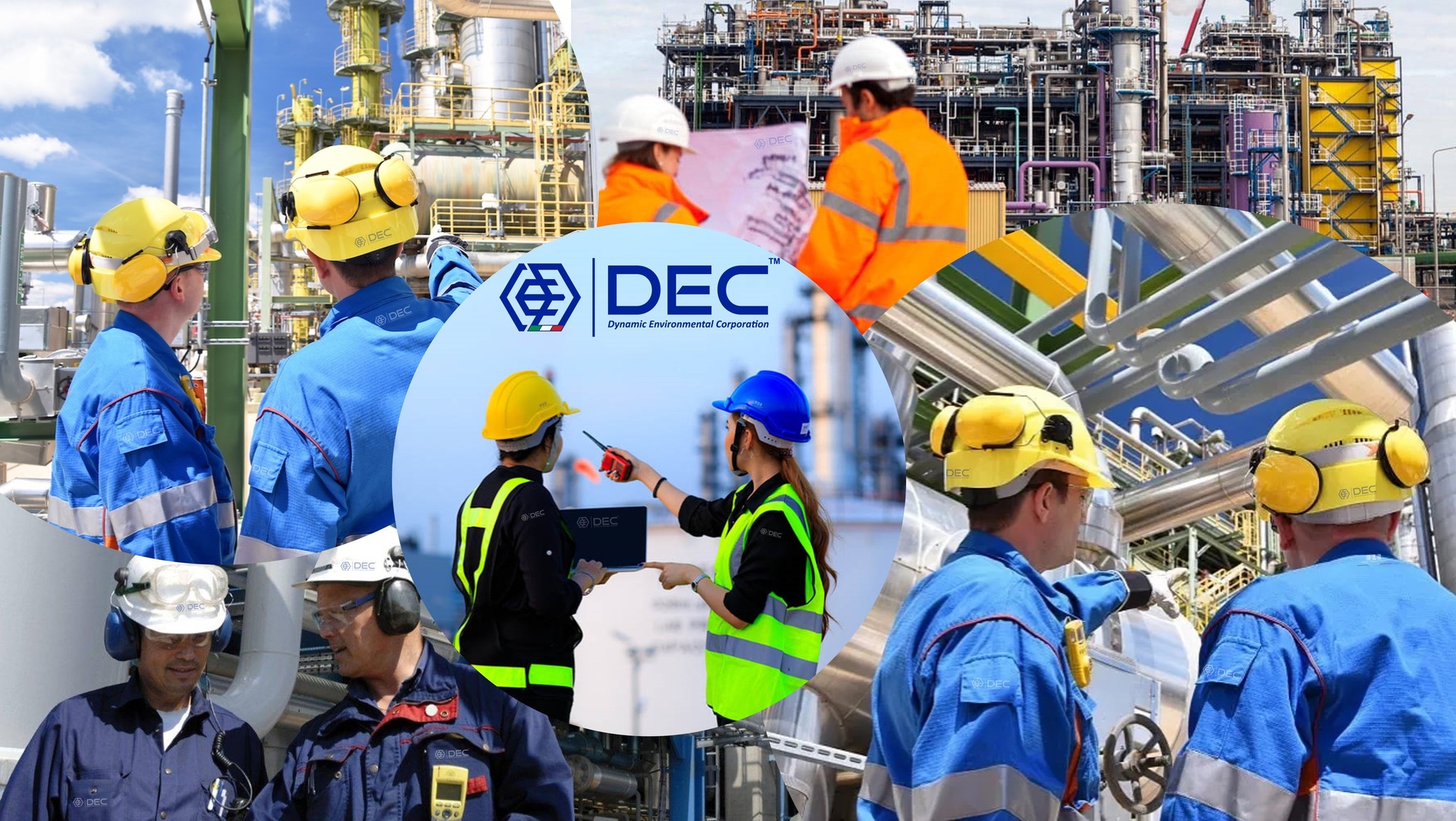
stages of engineering design
in industrial projects (EPC)
Planning and executing large-scale industrial projects, like building a new chemical plant or upgrading a manufacturing facility, involves several distinct engineering phases. These phases progressively refine the project's scope, design, and cost estimations, moving from high-level concepts to detailed, constructible plans. Understanding these stages — the Process Design Package (PDP), Basic Engineering Design Package (BEDP), and Front-End Engineering Design (FEED) — is crucial for effective project management and successful delivery. Let's break down each of these critical steps.

PDP • Process Design Package
The Process Design Package (PDP) is the foundational set of process-oriented documents and designs for a plant. It details the core process features and technological aspects of the facility. Essentially, it defines what the plant will do and how it will do it from a process perspective.
BEDP • Basic Engineering Design Package
The Basic Engineering Design Package (BEDP), also known as Basic Engineering Package (BEP) builds upon the PDP, providing more detailed engineering information. The content of the BEDP is sufficient to enable qualified contractors to commence detailed engineering, procure key long-lead items, and begin construction and installation activities. It translates the process concept into a more concrete engineering design.
FEED • Front-End Engineering Design
Front-End Engineering Design (FEED), sometimes referred to as an Extended-BEDP, takes the project definition a significant step further than the BEDP. While it includes more detailed engineering aspects, its primary purpose is to provide a robust foundation for decision-making before committing to the full Engineering, Procurement, and Construction (EPC) phase. The FEED study helps in refining the project scope, assessing viability, and managing risks.
EPC • Engineering, Procurement, and Construction
After the detailed engineering design phases like PDP, BEDP, and FEED are complete, the project moves into the Engineering, Procurement, and Construction (EPC) phase. This is a common contracting strategy in large-scale industrial projects, where DEC takes on the responsibility for all aspects of project execution. An EPC contract offers the client a single point of contact and accountability, often with a fixed price and schedule, which can help manage risks and simplify project oversight.
EPCI • Engineering, Procurement, Construction, and Installation
The Engineering, Procurement, Construction, and Installation (EPCI) model is an extension of the EPC approach, particularly prevalent in complex industrial facilities. The "I" for "Installation" signifies an additional scope of work that goes beyond traditional construction. EPCI contracts are often chosen for projects where the integration and installation of large, pre-fabricated modules or complex systems at a remote or challenging location are critical and require specialized expertise from DEC.
